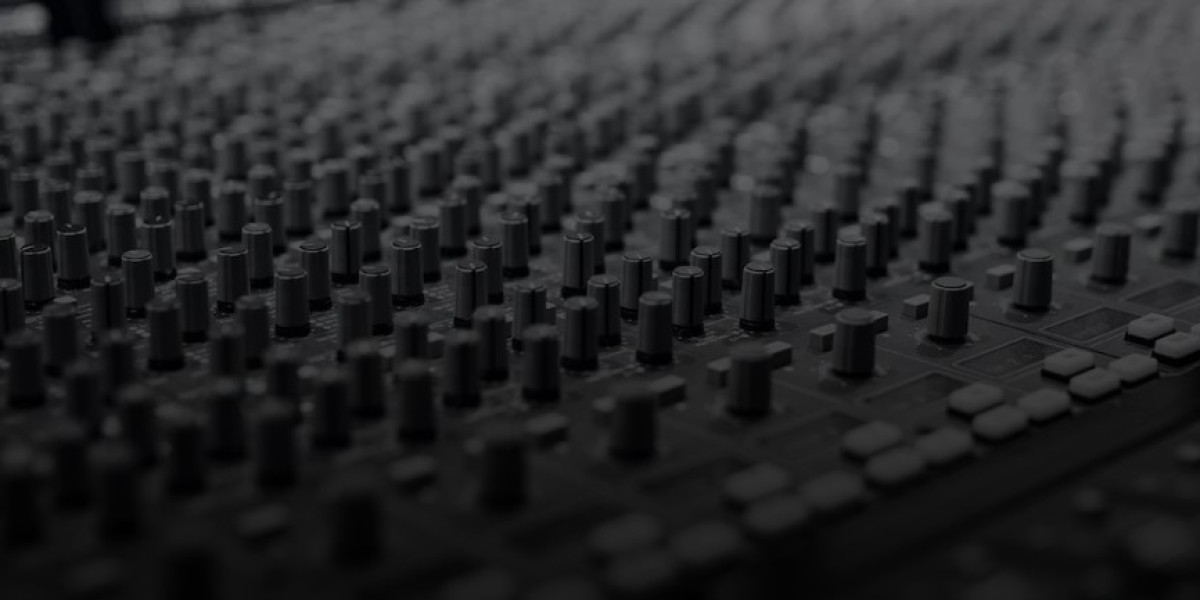H1: Understand Your Equipment
Before you start producing music, it's crucial to understand the tools of the trade. This includes knowing your equipment inside and out, from your DAW (Digital Audio Workstation) to your monitors and headphones. Understanding your equipment can help you make informed decisions when mixing and mastering your tracks.
H2: Get the Right Software
Choosing the right DAW software is critical to your music production success. The market offers a vast range of options, but some of the most popular ones are Ableton Live, Logic Pro, FL Studio, and Pro Tools. Each has its strengths and weaknesses, so it's worth trying out different options to find the one that suits you best.
H2: Invest in Good Monitors and Headphones
Monitors and headphones are essential tools for mixing and mastering your tracks. It's important to invest in high-quality equipment that can deliver accurate and reliable sound reproduction. This will help you make informed decisions about EQ, dynamics, and spatialization.
H2: Learn Keyboard and Music Theory
Having a solid foundation in music theory and keyboard skills can help you produce better music. Understanding chords, scales, and progressions can help you create more complex and interesting harmonies. And having keyboard skills can make it easier to translate musical ideas from your head to your DAW.
H1: Learn from Others
Music production is a never-ending learning process, and one of the best ways to improve is by learning from others. Here are some tips on how to learn from other producer tips.
H2: Study Tutorials and Online Courses
There's no shortage of online tutorials and courses on music production. Platforms like YouTube, Udemy, and Skill share offer a vast range of content, from beginner to advanced levels. Studying these resources can help you learn new techniques, tips, and tricks that you can apply to your own productions.
H2: Attend Workshops and Seminars
Attending workshops and seminars is an excellent way to network with other producers and learn from industry experts. You can get feedback on your work, ask questions, and gain insights into the latest trends and techniques in music production.
H2: Collaborate with Other Producers
Collaborating with other producers can be a fun and rewarding experience. It can help you expand your musical horizons, learn new techniques, and gain exposure to new audiences.
H1: Practice, Practice, Practice
Like any skill, music production takes time and practice to master. Here are some tips on how to improve your production skills through practice:
H2: Set Realistic Goals
Setting realistic goals can help you stay motivated and focused. Whether it's finishing a track in a week or mastering a new technique, setting goals can help you measure your progress and identify areas for improvement.
H2: Analyze Other Tracks
Analyzing other tracks can help you understand how they were produced and what techniques were used. This can give you insights into how to create similar sounds and textures in your own tracks.
H2: Experiment with New Techniques
Experimenting with new techniques and tools can help you push the boundaries of your production skills. Whether it's trying out a new synth or experimenting with unusual sound design, taking risks can lead to new and exciting musical discoveries.
H1: Final Thoughts
Producing music is a challenging but rewarding pursuit that requires a combination of creativity, technical skill, and industry knowledge. By understanding your equipment, learning from others, and practicing regularly, you can improve your production skills and create music that truly reflects your artistic vision.
Remember that music production is a never-ending learning process, so stay curious, stay motivated, and keep pushing your limits. With dedication and hard work, you can become a master producer tips and create music that inspires and moves people.
FAQs
1. What is the most important equipment for music production?
· The most important equipment for music production includes a DAW, monitors or headphones, and a MIDI keyboard.
2. How long does it take to become a good music producer?
· Becoming a good music producer can take several years of practice, experimentation, and learning. It depends on your dedication and the amount of time you invest in your craft.
3. Is it necessary to learn music theory to become a music producer?
· While it's not strictly necessary to learn music theory to become a music producer, having a solid foundation in music theory can help you create better music and understand the technical aspects of music production.
4. Can I produce music on a budget?
· Yes, it's possible to produce music on a budget. There are many affordable options for equipment and software, and you can also find free resources online to learn and improve your skills.
5. How can I get feedback on my music productions?
· You can get feedback on your music productions by sharing your work with other producers, attending workshops and seminars, or submitting your tracks to online communities or music competitions.
 " class="wow_main_float_head_img">
" class="wow_main_float_head_img">







